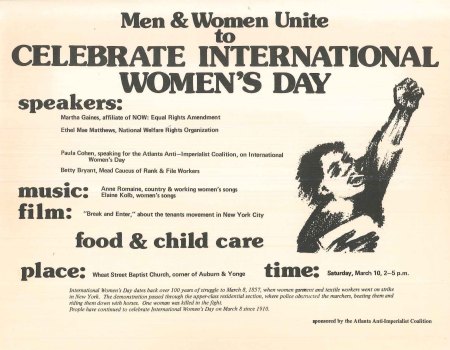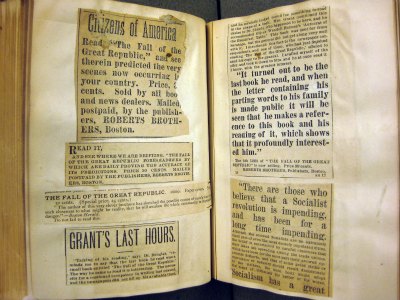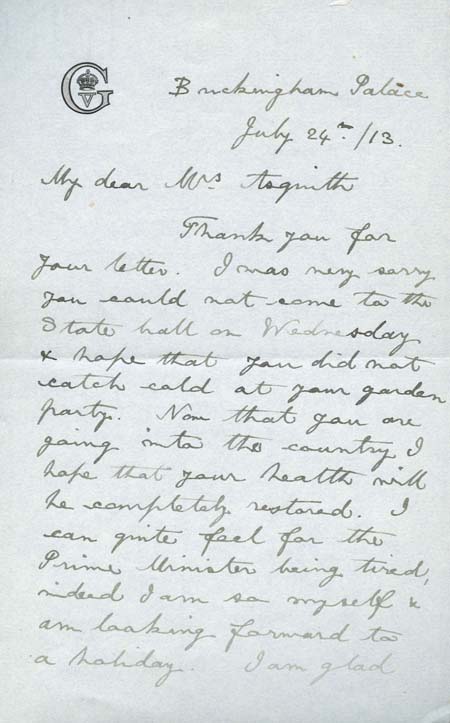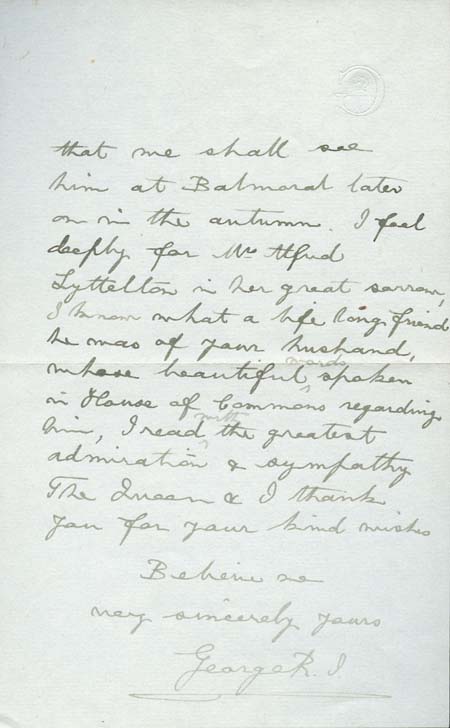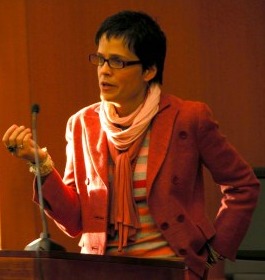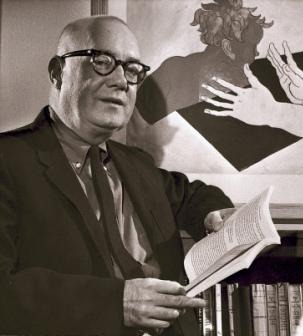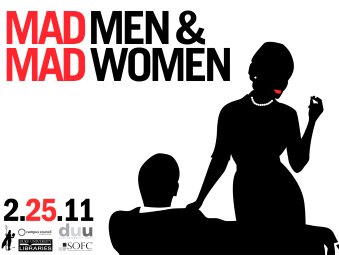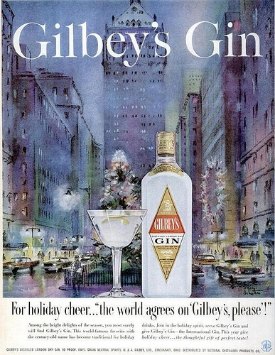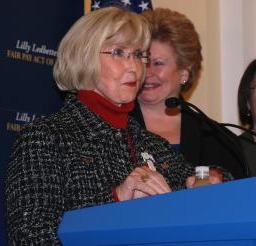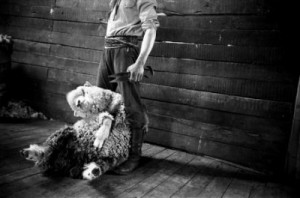Date: Thursday, 17 March 2011
Time: 3-4 PM
Location: Rare Book Room
Contact Information: Jennifer Thompson, 919-660-5922 or jennifer2.thompson(at)duke.edu
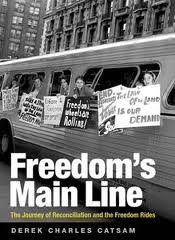 Please join the staff of the John Hope Franklin Research Center for African and African American History and Culture for a program with Dr. Derek Catsam, recipient of a 2010-2011 Franklin Research Center travel grant. Dr. Catsam is an associate professor of history at the University of Texas of the Permian Basin.
Please join the staff of the John Hope Franklin Research Center for African and African American History and Culture for a program with Dr. Derek Catsam, recipient of a 2010-2011 Franklin Research Center travel grant. Dr. Catsam is an associate professor of history at the University of Texas of the Permian Basin.
Dr. Catsam’s talk, “Tired Feet, Rested Souls and Empty Pockets: Bus Boycotts and the Politics of Race in the U.S. and South Africa,” will examine comparative aspects of these movements in the United States and South Africa.
During his research visit to the RBMSCL, Dr. Catsam will be studying our collections related to apartheid South Africa.
(More details about Derek Catsam’s book Freedom’s Main Line: the Journey of Reconciliation and the Freedom Rides and his research interests can be found on his departmental website.)
Post contributed by Jennifer Thompson, John Hope Franklin Research Center Librarian.


